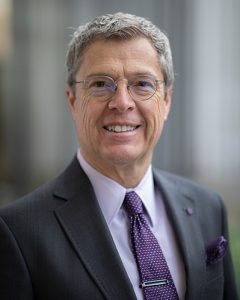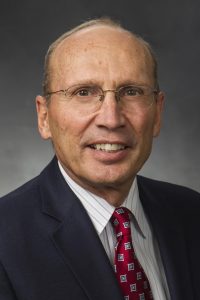Freedom of Religion or Belief in Belgium: Some Religions are More Equal than Others
 Jelle Creemers coordinates the Institute for the Study of Freedom of Religion or Belief (ISFORB) at the Evangelische Theologische Faculteit, Leuven (Belgium) and is a postdoctoral research fellow of Research Foundation – Flanders (FWO-Vlaanderen).
Jelle Creemers coordinates the Institute for the Study of Freedom of Religion or Belief (ISFORB) at the Evangelische Theologische Faculteit, Leuven (Belgium) and is a postdoctoral research fellow of Research Foundation – Flanders (FWO-Vlaanderen).
So-called “Western” nations are not the usual suspects of intrusions into religious liberty. The reason seems obvious: legislation and policies which protect freedom of religion or belief (FoRB) are typically well embedded in and very compatible with strongly secularized contexts with a high appreciation of individual freedom and human rights—typical character traits of said “Western” nations.
While severe intrusions of FoRB involving state-sanctioned use of force are infrequent, there is sufficient reason to also keep a close eye on these nations.


